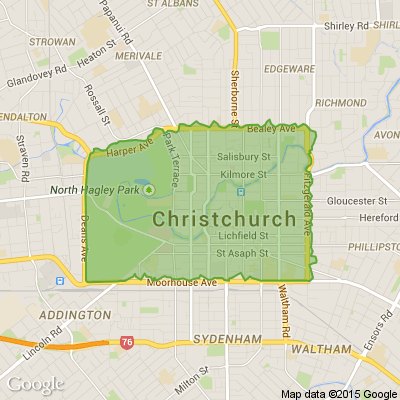Smoke not dangerous, but can trigger asthma attacks. Please look after yourself.
The Asthma and Respiratory Foundation NZ urges those with asthma and respiratory conditions in the Christchurch area to be prepared – as bush fire smoke can trigger asthma attacks, allergies and shortness of breath.
The smoke from bush fires contains small particles that can cause irritation to the lungs, eyes, nose and throat.
People are advised to minimise their exposure to smoke and time spent outdoors. Windows and doors need to be kept closed, air vents blocked, and air conditioning set to a recycle setting.
Tips for asthmatics during bush fires:
- Continue taking asthma preventer medication as prescribed.
- Always carry asthma reliever medication, and use it as soon as asthma symtoms are present. When possible use a spacer which enables more medication to be delivered into the lungs.
- If asthma reliever medication is not working, or is required every 2-3 hours or more, seek medical advice by calling 111 for an ambulance.
- Elderly people, children, and people working at the fire front are most at risk. Access help fast if someone appears unwell.
- If you don’t have an Asthma Action Plan or are unsure of what to do in an asthma emergency, follow the Asthma First Aid procedure.
- It is important to remember that people who aren’t in affected areas are also at high risk, as winds can carry smoke and ash particles for long distances. Smoke and air pollution can linger long after the fires have subsided, so it is essential to remain prepared.
The Asthma and Respiratory Foundation NZ is a not-for-profit organisation committed to those affected by asthma and respiratory illness. Free resources are available at asthmaandrespiratory.org.nz.

We're talking new year resolutions...
Tidying the house before going to bed each night, meditating upon waking or taking the stairs at work.
What’s something quick, or easy, that you started doing that made a major positive change in your life?

Riddles to Resolve Your Resolution!
I shave every day, but my beard stays the same.
What am I?
Do you think you know the answer to our daily riddle? Don't spoil it for your neighbours! Simply 'Like' this post and we'll post the answer in the comments below at 2pm.
Want to stop seeing riddles in your newsfeed?
Head here and hover on the Following button on the top right of the page (and it will show Unfollow) and then click it. If it is giving you the option to Follow, then you've successfully unfollowed the Riddles page.

⚠️ DOGS DIE IN HOT CARS. If you love them, don't leave them. ⚠️
It's a message we share time and time again, and this year, we're calling on you to help us spread that message further.
Did you know that calls to SPCA about dogs left inside hot cars made up a whopping 11% of all welfare calls last summer? This is a completely preventable issue, and one which is causing hundreds of dogs (often loved pets) to suffer.
Here are some quick facts to share with the dog owners in your life:
👉 The temperature inside a car can heat to over 50°C in less than 15 minutes.
👉 Parking in the shade and cracking windows does little to help on a warm day. Dogs rely on panting to keep cool, which they can't do in a hot car.
👉 This puts dogs at a high risk of heatstroke - a serious condition for dogs, with a mortality rate between 39%-50%.
👉 It is an offence under the Animal Welfare Act to leave a dog in a hot vehicle if they are showing signs of heat stress. You can be fined, and prosecuted.
SPCA has created downloadable resources to help you spread the message even further. Posters, a flyer, and a social media tile can be downloaded from our website here: www.spca.nz...
We encourage you to use these - and ask your local businesses to display the posters if they can. Flyers can be kept in your car and handed out as needed.
This is a community problem, and one we cannot solve alone. Help us to prevent more tragedies this summer by sharing this post.
On behalf of the animals - thank you ❤️







 Loading…
Loading…












